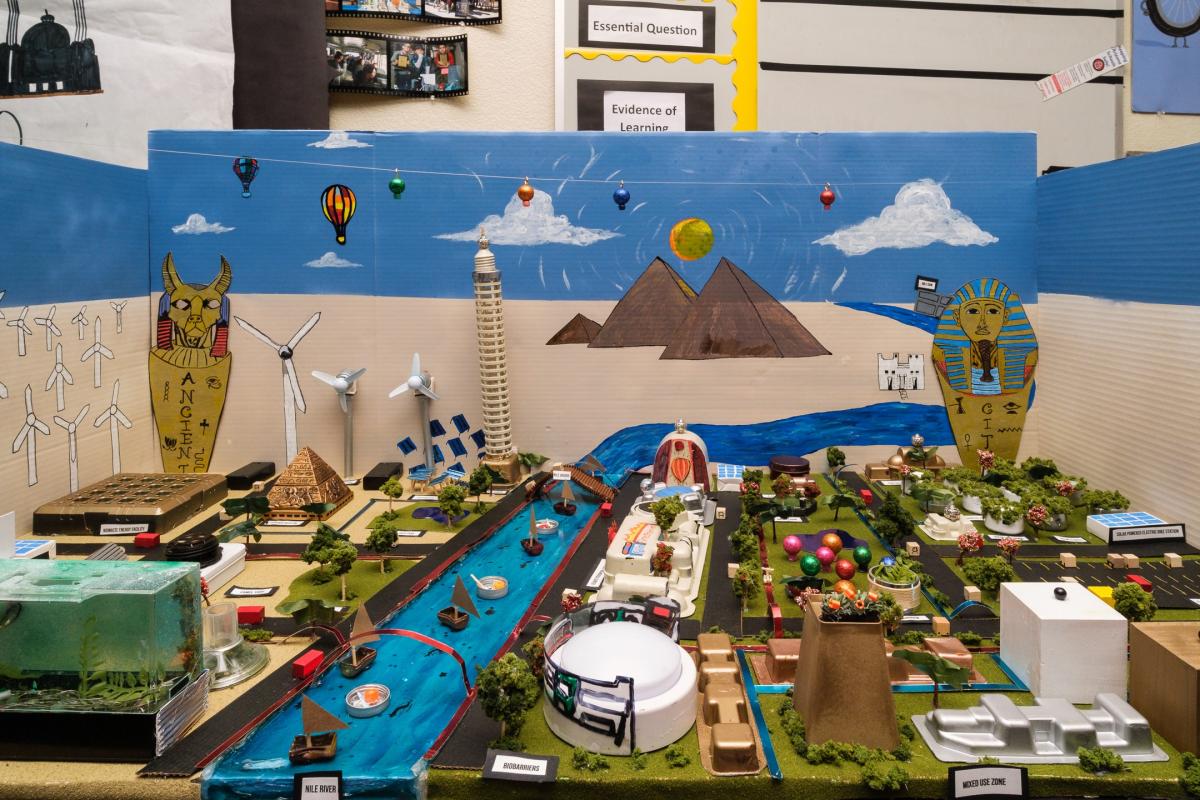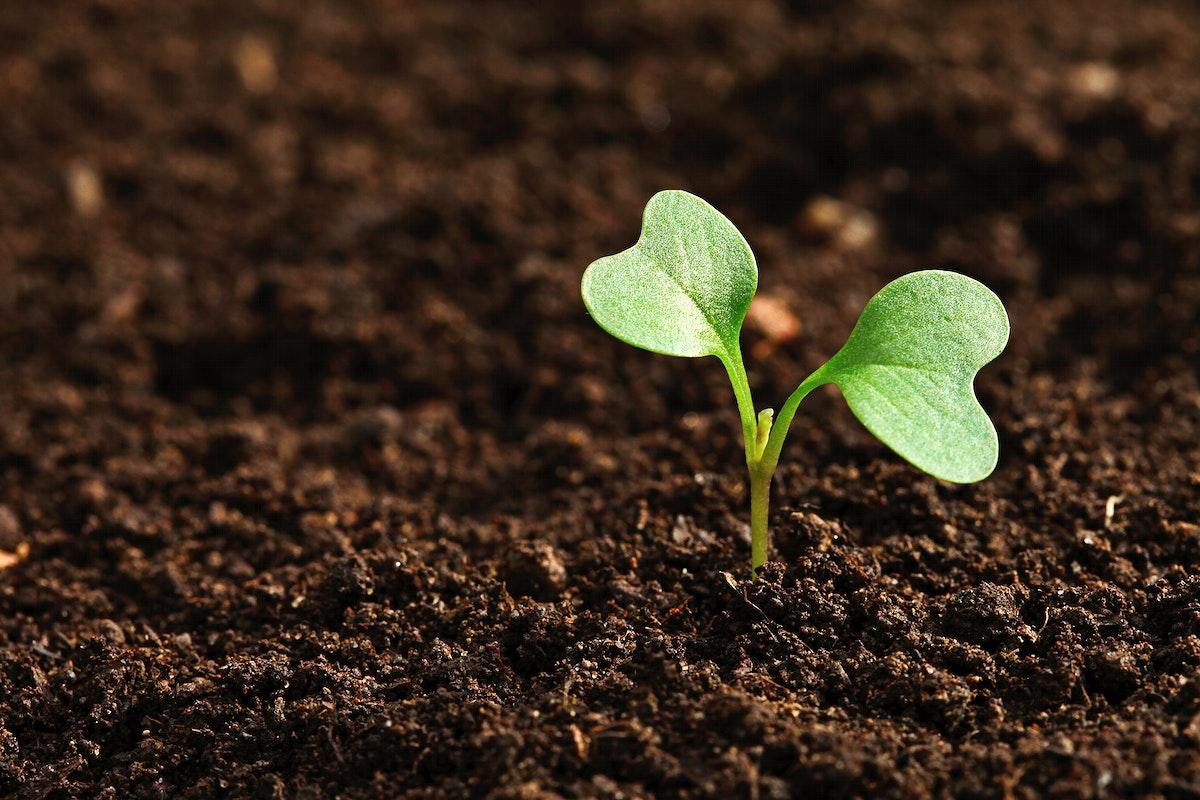
ASAP Teacher Highlight - Kaitlin McGill
Five years ago I moved to Yuma, Arizona, also known as America’s “Lettuce Bowl”. I realized that while the students rode the bus next to fields of leafy greens, they had very little idea of the local agriculture industry. So, three years ago I built an agriculture science class in my middle school. The students are learning about hydroponics and water conservation with farming. The students grow lettuce and other vegetables in the 16 foot deep water hydroponics tanks and 5 foot tall, tomato towers.
As an ASAP Fellow I want to take my passion for aviation, space and agriculture to create a small unit for the students. I want the students to conduct research, grow plants, build robots and have fun and challenging hands-on experiences. I am collaborating with Lowell Observatory’s ORBITS program to have access to astronomers and Mars experts. Students will be able to work with astronomers and subject matter experts on the geography and atmosphere of the planet Mars.
This was a great experience because I got to learn the local culture and I was able to hone my teaching skills. One thing that really stuck with me is that all students want to learn. If the teacher has a passion, they will learn.
Project Stats
Teacher Name: Kaitlin McGill
School: Crane Middle School
District: Crane Elementary School District
Grade Level: Middle
Subject Area: Science
Number of Students Involved: 120
Name of Project: Extraterrestrial Agricultural
Photo Gallery
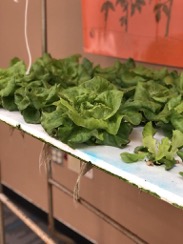 |
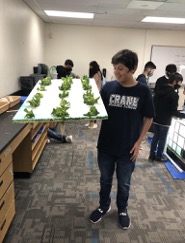 |
 |
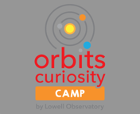 |
Main Idea – (What you’re doing / or plan on doing)
The idea I have is for students to learn about the planet Mars and how to grow plants on Mars. Highlights include:
- Students will review the geography and atmosphere of planet Earth.
- Students will play team building games and build the classroom community.
- Students will observe Mars through a telescope and learn how a telescope works.
- Students can build their own table telescopes to take home for night observation.
- Students will conduct research on the Martian atmosphere and soil. They will talk with subject matter experts from Lowell observatory.
- Students will start to draft or create models of the Martian terrain in small groups. Students will identify spots on the planet where water can be found and what minerals are in the water.
- Students will research and learn about farming and hydroponics. Students can go on a field trip or virtual field trip to a hydroponic farm.
- Students will create/build a small hydroponic garden. They will plant beans and radish. Students will monitor plant growth and make observations.
- Students will build robots and learn the basics of coding.
- Students will have the robots take soil samples and find water on Mars (simulated).
- Students will complete a culminating project where they present their findings from all of their research.
Results – (anticipated or actual)
This is a week-long course that will expand into a 4 week unit. I want the students to build robots that will test the geochemistry of Martian soil and look for available water. Then the students create a hydroponic garden, using the available AG Science classroom. This garden will simulate the Martian environment, so the students can see how the garden will grow and make changes as necessary for successful cultivation of edible plants to support the eventual colonization of Mars. At the end of the program, students will have an understanding of other planets' terrain and atmosphere. Students will present what they have learned and researched to their community.
Related Content

